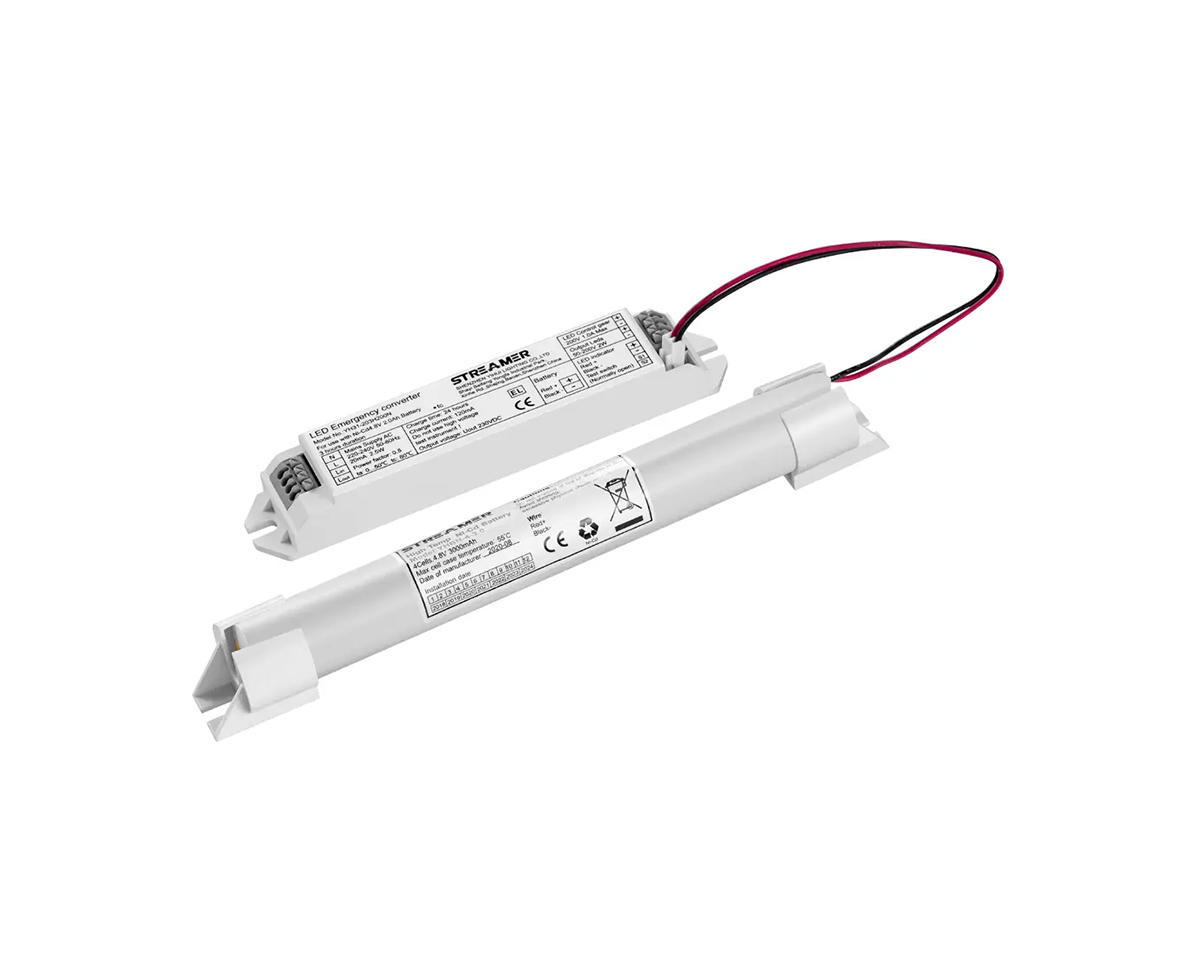 1
1
 Mar 03, 2025
Mar 03, 2025

The recycling and utilization of emergency batteries are not only environmentally beneficial but also economically viable. Different types of emergency batteries have distinct recycling and utilization paths.
For lead - acid batteries, recycling is a well - developed process. The batteries are first collected from various sources, such as automotive repair shops, power plants, and emergency backup systems. They are then transported to recycling facilities. At the recycling plant, the batteries are broken down. The lead plates are separated and melted in a smelting furnace. The lead obtained from the smelting process can be used to manufacture new lead - acid batteries or other lead - based products. The sulfuric acid electrolyte is neutralized and treated to remove impurities. The resulting chemicals can be reused in the manufacturing of fertilizers or other industrial products.
Nickel - cadmium batteries are recycled through a more complex process. The batteries are shredded, and the components are separated using mechanical and chemical methods. The nickel and cadmium are then recovered through processes like electrolysis or chemical extraction. The recovered nickel can be used in the production of stainless steel, alloys, and new nickel - cadmium batteries. Cadmium, although toxic, can also be recycled and used in specific industrial applications under strict safety regulations.
Lithium - ion batteries are also being increasingly recycled. The batteries are first discharged to a safe state. Then, they are dismantled, and the different materials, such as lithium, cobalt, nickel, and copper, are separated. Lithium can be recovered and used to produce new lithium - ion batteries or other lithium - based products. Cobalt, which is a valuable and scarce resource, is also recycled and reused in battery manufacturing. The recycling of lithium - ion batteries helps to reduce the dependence on raw material extraction and also mitigates the environmental impact associated with the disposal of these batteries. In addition to recycling, some emergency batteries can be repurposed. For example, used lead - acid batteries can be used in less - demanding applications like solar - power backup systems in rural areas, extending their useful life.